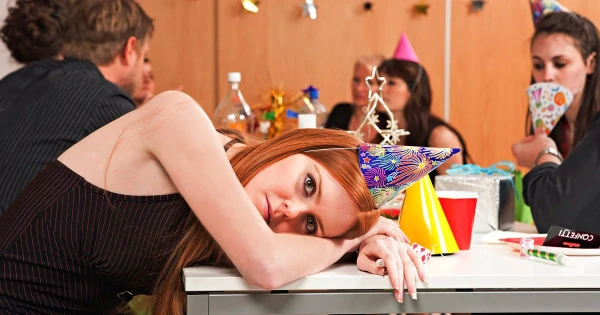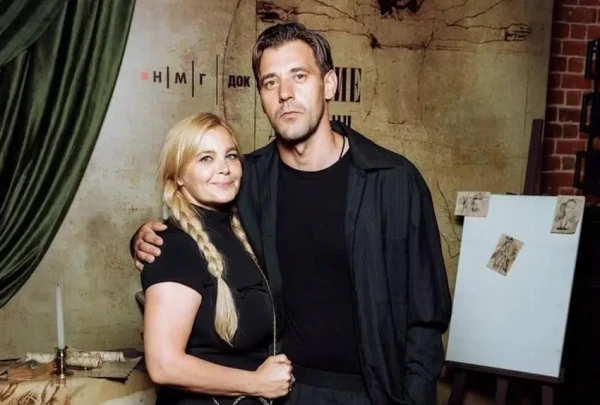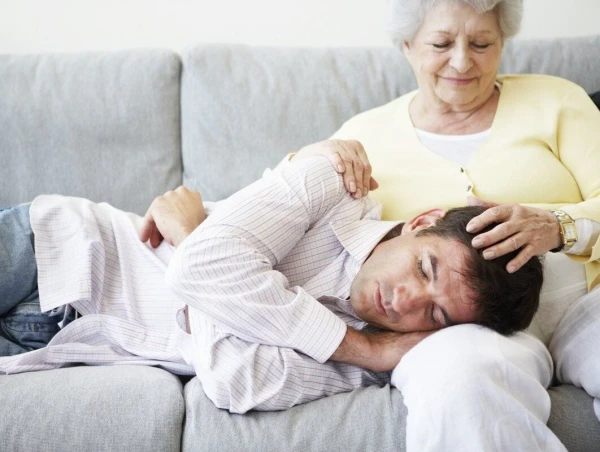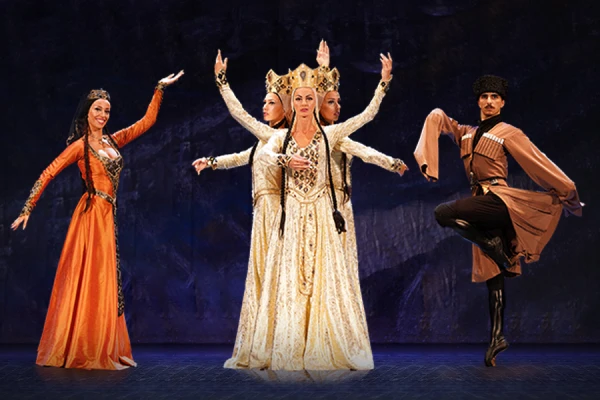
It seems that joy should arise naturally. But many people seem to turn off their ability to feel pleasure. When asked, “How are you?” they respond tersely, avoiding positive emotions or immediately transitioning to complaints. Why does this happen — and how can we regain our ability to enjoy?
Expert: Veronika Stepanova, Psychotherapist
Our attitude towards happiness is often linked to the fear of loss, inflated expectations, or experiences from childhood. Sometimes we convince ourselves that we do not have the right to be positive — or that joy must be paid for.
How the Refusal of Joy Manifests
Sense of Injustice
Some people feel it is wrong to be happy when there is suffering and problems around. It’s as if we fear that our good mood will be seen as a lack of empathy.
Deferred Pleasures
We buy beautiful things but do not allow ourselves to use them. We live as if real joys are “later,” in a future life — and now we must wait for the right moment.
Inflated Expectations
Even a long-awaited vacation can turn into stress. Instead of sea and sun, a person only sees flaws and feels anxiety that prevents relaxation.
What Lies Behind This
Where the Line of Norm Lies
Sometimes anhedonia is linked to psychological disorders or past trauma. But even without them, a person may consciously “economize emotions,” fearing vulnerability.
Fear of Consequences
Sadness seems safer: when things are already bad, they supposedly cannot get worse. Joy, however, is perceived as a risk — what if we have to pay for it?
Protection from Others' Envy
While a person complains, they are pitied and supported. Joy, however, can provoke discontent or misunderstanding — and they subconsciously avoid it.
Role of the Victim
In relationships, it sometimes happens that one side becomes the “rescuer,” while the other is the eternal victim. If the victim starts to feel joy, the balance will be disrupted, and the relationship may change — this is also feared.
Why This Forms
Childhood Traumas
If the parental mood in the family is unpredictable, the child learns to constantly expect a blow. Such a person rarely relaxes in adulthood — they feel it is dangerous to be joyful.
Habit of Procrastination
Many children were taught to save “everything best” for a special occasion. In adulthood, they continue to live in a state of waiting — allowing themselves pleasure only at some later time.
How to Learn to Enjoy
Start noticing moments when pleasure is automatically blocked. For example, you are watching your favorite series but do not feel relaxed. Give yourself ten minutes — just allow joy to manifest.
You can smile, move your shoulders, laugh, clap your hands — even such physical actions trigger an emotional response.
Gradually increase the time of positive feelings. Learn to enjoy as children do — sincerely and without reservation. The ability to focus on happiness is a skill that can be developed.















Leave a comment